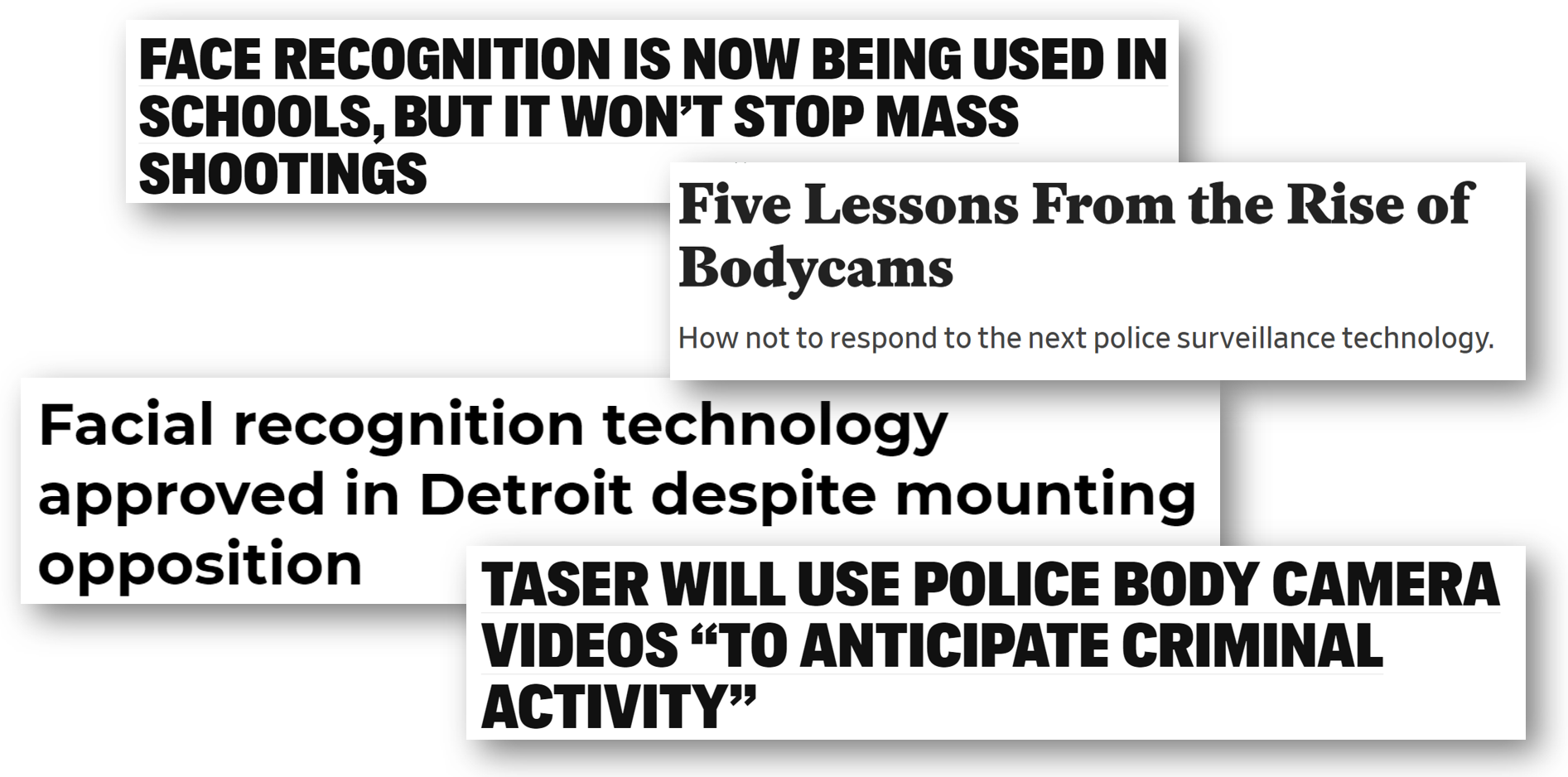We are excited to announce the line-up for our spring data ethics seminar series at the University of San Francisco Center for Applied Data Ethics, exploring the risks, challenges, and harms of how algorithmic systems are impacting people today. All talks will be held virtually; see the links below to sign up and for more details. All times listed in Pacific Time.
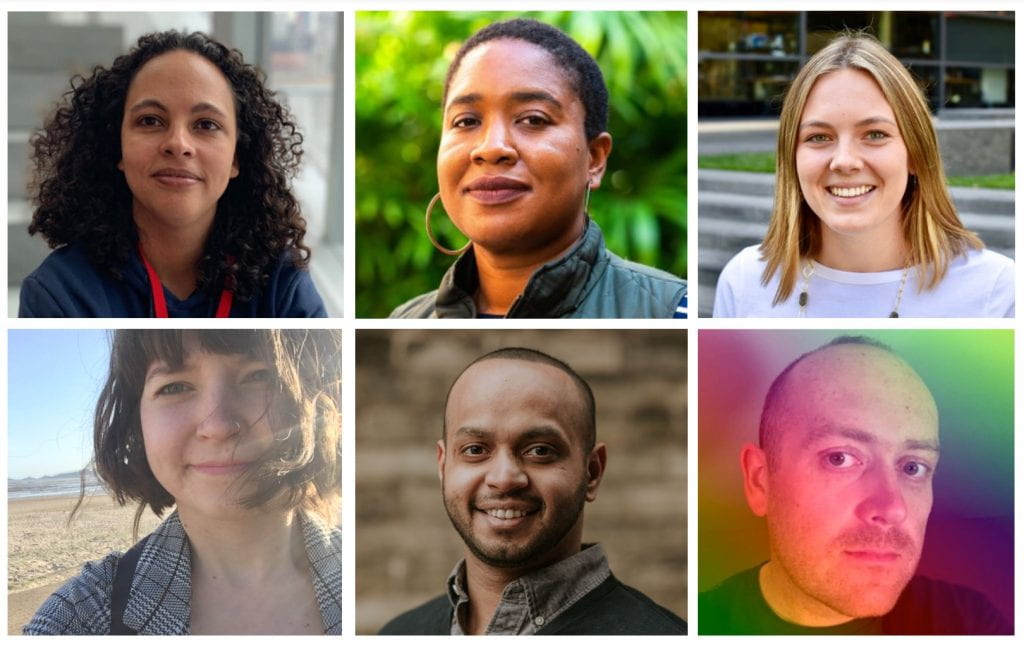
Pictured: (top row l-r) J Khadijah Abduraman, Jasmine McNealy, Sam Robertson, (bottom row l-r) Angelika Strohmayer, Devansh Saxena, and Cennydd Bowles
| Feb 12, 2:30pm | J Khadijah Abduraman | Calculating the Souls of Black Folk: Reflections on Predictive Analytics in the Family Regulation System |
| Feb 19, 2:30pm | Jasmine McNealy | Looking Beyond the Prototype: How ‘supposed to’ makes way for harm |
| March 5, 11am | Angelika Strohmayer | Justice-Oriented Ecologies: Working to Design Digital Technologies with communities for more socially just worlds |
| April 9, 2:30pm | Sam Robertson & Devansh Saxena | Transparency, Equity, and Community Challenges for Student Assignment Algorithms and Child-Welfare System: An Interaction of Policy, Practice, and Algorithms |
| April 16, 2:30pm | Xiaowei R. Wang | Disrupt the discourse: Messy data in China’s digital authoritarianism and beyond |
| May 7, 11am | Cennydd Bowles | Akrasia at the Standing Desks |
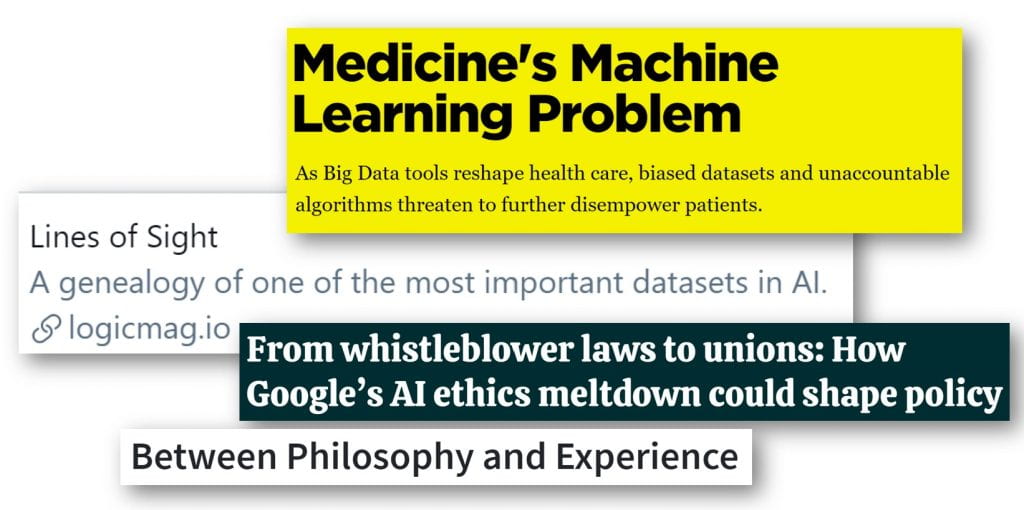
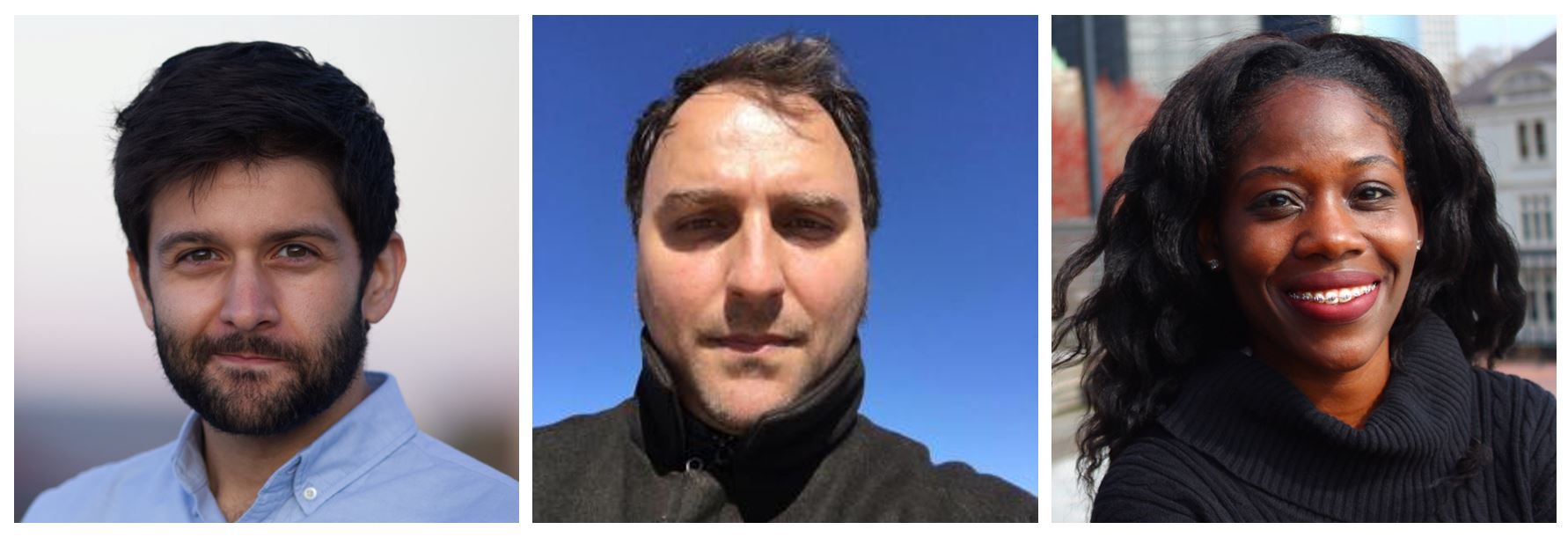
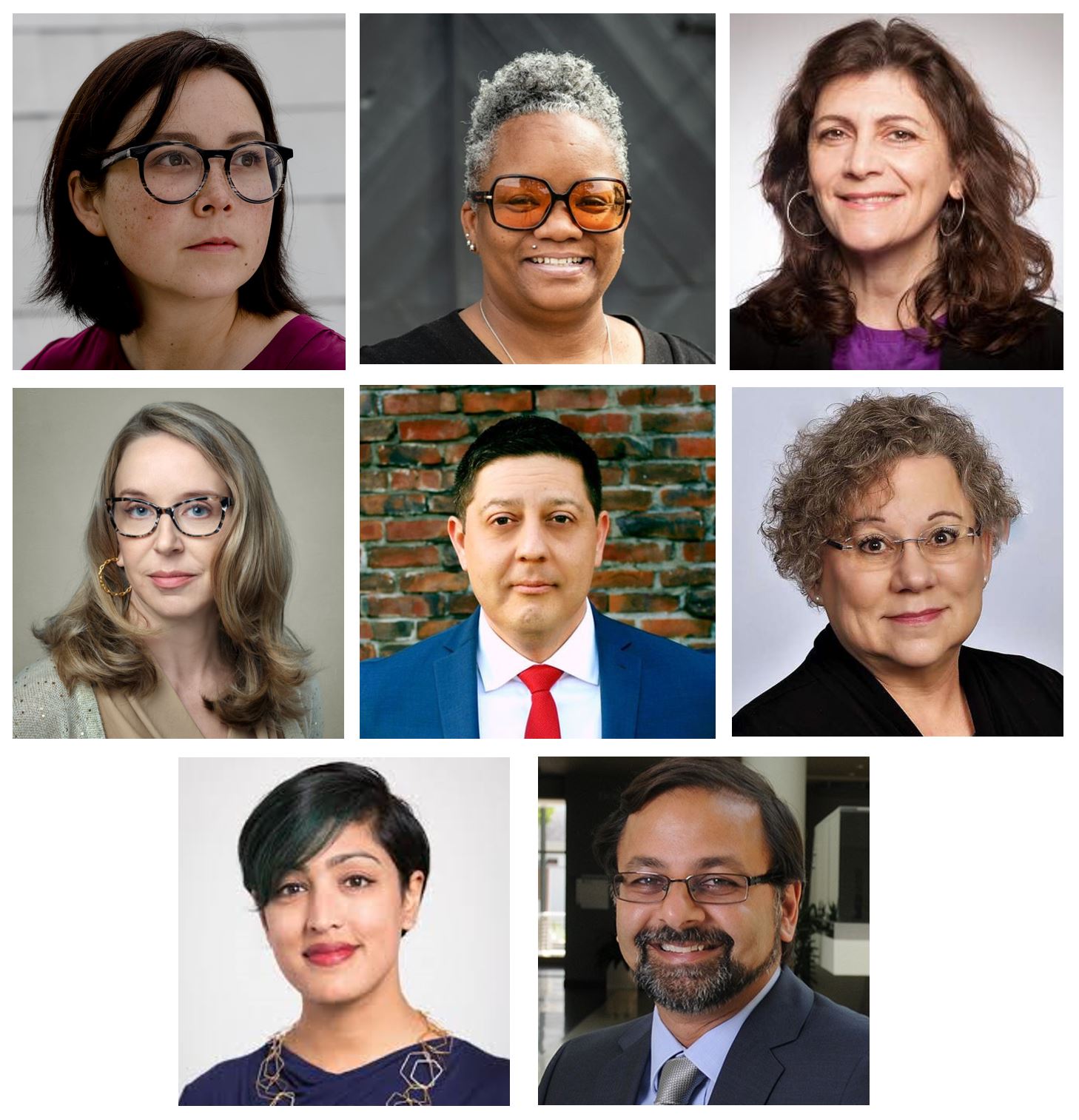

 I’m excited to release the first two videos from the workshop today; please stay tuned as more will be released in the coming weeks. These talks by Y-Vonne Hutchinson, a former human rights lawyer and CEO of
I’m excited to release the first two videos from the workshop today; please stay tuned as more will be released in the coming weeks. These talks by Y-Vonne Hutchinson, a former human rights lawyer and CEO of 